AccessCoursesOnline
Access to Higher Education Diploma (Art and Design) TEXTILES Pathway
Access to Higher Education Diploma (Art and Design) TEXTILES Pathway
Couldn't load pickup availability
Course Outline
Course Outline
Professional Portfolio Building At Access Courses Online, we will support you in building a personal portfolio that showcases your unique artistic style, technical skills, and creative vision. Our guidance will help you curate a professional and cohesive collection of work that not only highlights your strengths but also aligns with industry expectations and university application requirements. Whether you're looking to impress potential employers, gain entry into higher education, or refine your artistic identity, we provide the resources and expertise to help you create a portfolio that truly represents your talent and potential. To thrive in the arts sector, it's essential to not only develop your skills but also to effectively present your creative journey. One of the most powerful ways to do this is by crafting a personalised and well-curated portfolio that showcases your talent, ideas, and artistic progression. A strong portfolio is a vital tool for artists, serving as a visual representation of your abilities, concepts, and creative process. For art graduates, a bespoke portfolio is more than just a collection of completed projects—it's a carefully crafted narrative that reflects your artistic identity. It allows you to highlight your technical expertise, innovative thinking, and unique approach to art and design. A tailored portfolio demonstrates your versatility and depth of knowledge, providing insight into your artistic journey, problem-solving skills, and ability to adapt to different mediums and styles. In today’s competitive landscape, industry professionals often look for portfolios that go beyond simple technical execution. They seek originality, innovation, and a cohesive vision. Having a distinctive and well-presented portfolio can significantly increase your chances of securing job opportunities, internships, and collaborations within the arts sector. Furthermore, many universities and higher education programs require portfolios as part of their application process, making it a key element for aspiring art students to gain acceptance into specialised programs. Ultimately, a bespoke portfolio serves as both a personal reflection of your growth as an artist and a powerful tool for showcasing your abilities to potential employers, academic institutions, and collaborators. It's an indispensable asset that can open doors and help you make a lasting impression in the art world. Explore Your Artistic Path with Expert Guidance If you're unsure about which area of the arts to specialise in at university, our Access to Higher Education Diploma can help you discover your passion. Led by tutors with over 20 years of experience, who are not only trained academics but also active professionals in their fields, our course provides both industry-relevant knowledge and academic expertise. From mastering the fundamentals of drawing and designing symbols and signs to producing 3D realisations from a brief and exploring digital photography, our comprehensive online course covers a diverse range of creative disciplines. With guidance from tutors who are deeply engaged in the contemporary art world, you’ll gain insights that are both current and professionally valuable—helping you develop the skills and confidence to pursue your artistic future.
Modules
Modules
To complete your Access to Higher Education Diploma (Art & Design), you’ll need to achieve:
- 45 graded credits at Level 3 in academic subject areas
- 15 ungraded credits at either Level 2 or Level 3, focusing on essential skills for success
Skills for Learning & Core Units
- Academic Study Techniques – Build essential study skills to prepare for university
- Presentation Graphics – Learn how to visually communicate your ideas effectively
- Progressing to Higher Education – Get guidance on taking the next step in your creative journey
- Digital Portfolio – Develop an impressive online portfolio to showcase your work
Art & Design Specialisms
- Colour Theory & Application – Understand how colour impacts art and design
- Exploring Ideas Through Processes – Experiment with different techniques and creative methods
- History of Art & Design – Gain insight into the movements and artists that shaped the industry
- Graphic Design – Learn the foundations of digital and print design
- Observed Drawing – Improve your drawing skills through detailed observation
- Photography Skills – Explore composition, lighting, and digital photography techniques
- Sketchbook Development – Keep a creative journal to document your artistic progress
- Final Major Project – Artefact & Exhibition – Create a final piece of work and present it in an exhibition-style format
Related Studies
- Research Topic – Develop your ability to explore and analyse an art and design subject of your choice
This course is designed to help you develop your creative skills, build confidence, and prepare for university or a career in the arts. By the time you finish, you’ll have a strong portfolio and a clear direction for your next steps!
Want to dive deeper into each module? Click on the module titles to learn more about what you'll be studying and how each unit will help you grow as an artist. Your creative journey starts here—let’s make something amazing!
Enrolment Requirements
Enrolment Requirements
There are no formal entry requirements for students applying for the Cambridge Online Education Access to H.E. Diplomas. Tutors are nevertheless, required to ensure that learners admitted onto the Diploma possess the necessary skills and personal qualities to cope with the demands of the course.
Assessments
Assessments
All Access to HE Diplomas require the achievement of 60 credits. 45 of the 60 credits must be graded at Level 3 (pass, merit or distinction). Such credits will arise from the Academic Subject Content Modules. The remaining 15 credits are ungraded and can be achieved at either Level 2 or Level 3. Students may only be registered against units with a maximum combined total credit value of 60. In terms of the length of time required for a learner to complete their diploma, for all Access to HE Diplomas the notional learning hours are 600. Notional learning hours comprise all learning that may be relevant to the achievement of the learning outcomes including directed and private study, practical and project work, assignments and assessment time. The assessment methods used for each unit of your course will be detailed in the Programme Handbook. Your tutor will provide you with formative feedback and provisional grades. Your grades will be then evaluated by the Examination Board. Final grades will be released to students after the External Moderation Visit.
Qualification
Qualification
On successful completion of the course, you will receive a QAA recognised Access to Higher Education Diploma (Art & Design) at level 3 awarded by the Aim Qualifications and Assessment Group.
Aim Qualifications and Assessment Group are a national Awarding Organisation, regulated by the Quality Assurance Agency for Higher Education (QAA) and Qualifications Wales, to develop and award nationally recognised qualifications. Cambridge Online Education is a fully accredited education provider for this qualification
Careers
Careers
After completing the Access to Higher Education Art & Design, you can then continue your education or seek employment in the following fields:
- Artist
- Designer
- Architect
- Illustrator
- Prop and model maker
- Secondary school Art & Design Teacher
- Lecturer
- Corporate trainer
- Education consultant for the creative sector
- Curriculum manager
- Content creator for education
- University academic
- Teacher trainer
- Training manager
- Learning centre director
- Special educational needs teacher
- Head teacher/Principal
- College tutor
- Online tutor
- Careers adviser
- Teacher recruiter
- School leader
- Instructor
- After school programme manager
- Scout leader
- Magistrate
- Life coach
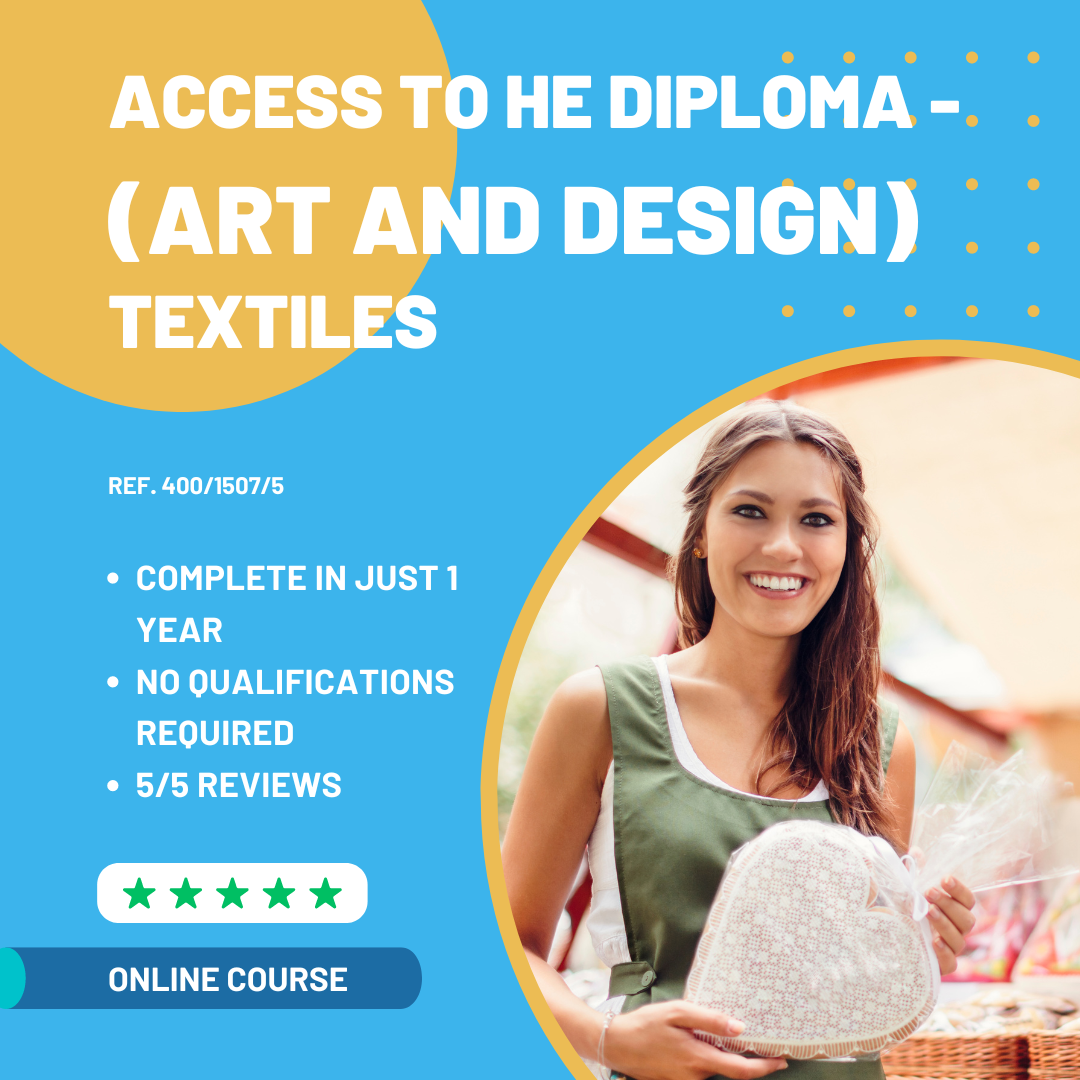
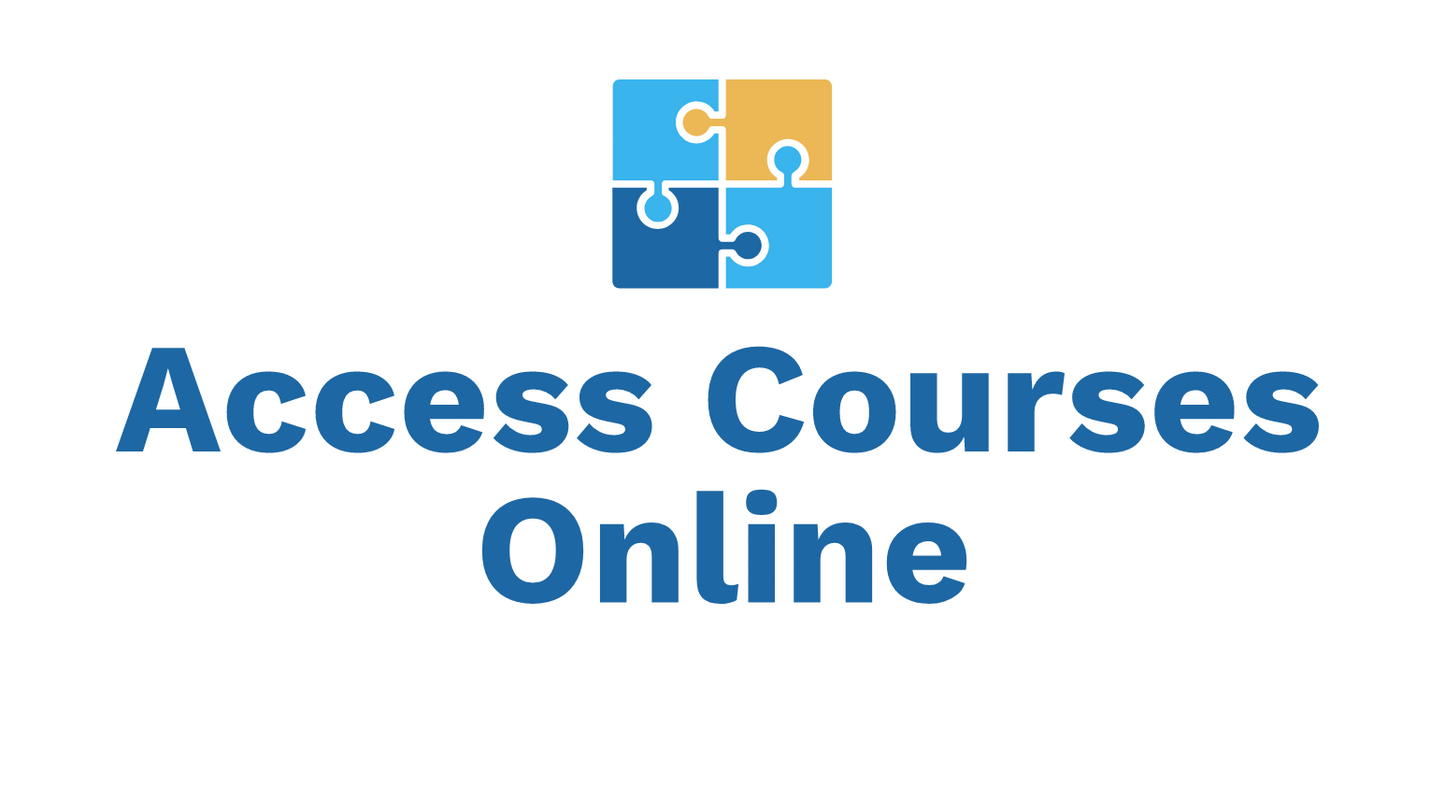

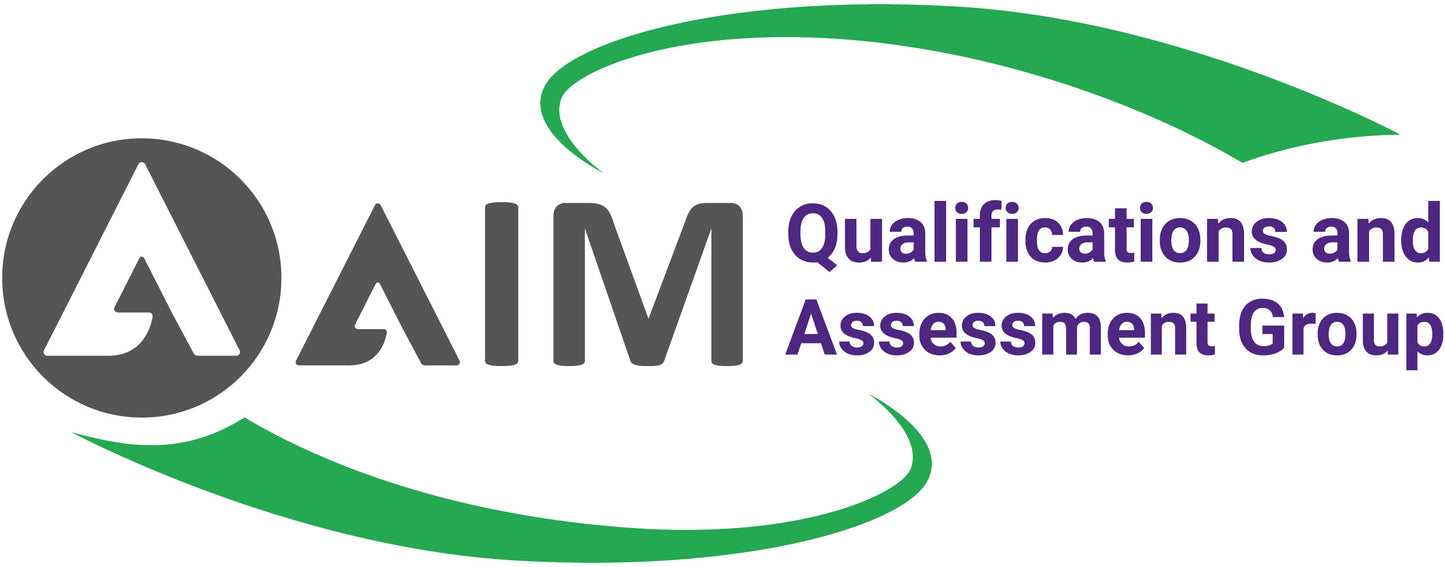
Our Guarantees
-

Affordable Learning
We offer flexible payment plans to make learning more accessible and affordable. Spread the cost of your course over manageable monthly payments, so you can focus on achieving your goals without financial stress.
-
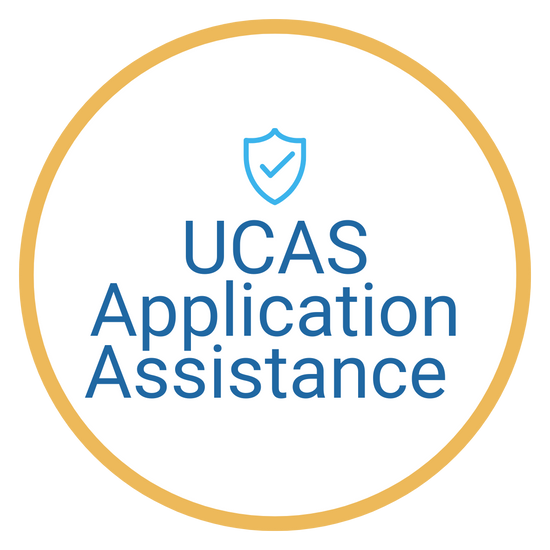
Application Support
We provide UCAS application support to help you navigate the university admissions process with confidence. From personal statement guidance to application tips, we’re here to support your journey to higher education.
-
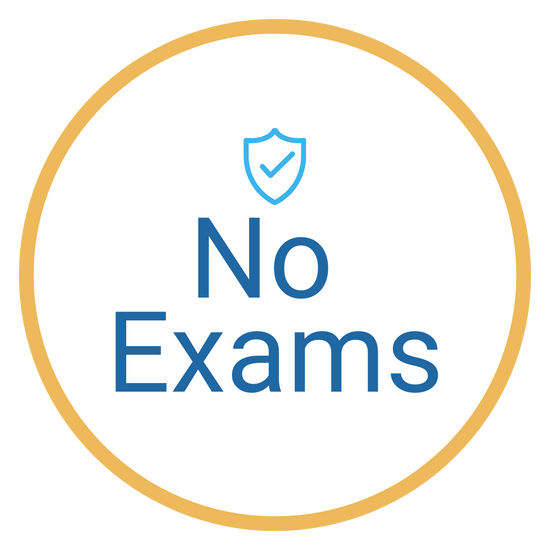
Exam Free Learning
Our courses are completely exam free. Instead of exams, you'll complete assignments and coursework designed to develop your knowledge and skills in a supportive and flexible learning environment.
FAQ Art and Design
My Portfolio
Will I be supported to develop a portfolio?
Yes, throughout the course you will be asked to complete different projects that will help you to get started and improve your practice. These projects will help you to develop your own portfolio which is a vital element when applying to university or trying to find a job as a freelance artist/designer. You are not expected to have any prior experience and our tutors will help you throughout the different steps.
What does an Art Portfolio look like working online?
Work is photographed and shared on documents. Powerpoints can give scope for good presentation, but we also offer online website portfolios. That way students can build their online portfolio and can be easily shared in the future.
Our specialists are from a range of fields so can best advise depending on the type of art you are producing.
University
Can I get directly into university after completing the course?
Yes, many universities accept Level 3 Access courses to get direclty onto their degree programs.
Some universities may require you to join their Foundation course before getting enrolled into the actual degree so it is worth checking their website and see what the specific requirements.
Our tutors will help you during the application process through UCAS.
When are university interviews for art subjects?
Students are usually expected to apply December/January time through UCAS and most interviews take place from February to April. It is possible to get accepted into a course at a later stage (e.g., June) but it may involve going through clearing which means that potentially one may not get accepted in the desired course as places might have been filled already. Our tutors will provide advice and support during the application process
What is the process for art students to apply for university?
From 2024, you won't be expected to write a personal statement but you will be expected to have a portfolio and be ready for interview. A portfolio is a selection of your best work and should demonstrate your knowledge, creativity, and the potential to experiment and be open to different techniques and processes. This should be curated carefully and our tutors can help you with this. Porfolios can be requested to be submitted digitally or brought in physical form to the interview.
What do they look for in university art subject interviews?
The interview is conducted by a member of the art department and is focused on your motivation to complete the course, your interest in the specific subject, and some questions about your work (portfolio) and aspirations.
Will you help me prepare for my art interview?
Yes, our tutors will help you to get you ready for that stage.
When should I decide which area I want to study at university?
Once you have completed the initial compulsory modules you will be expected to select an area that you would like to focus on. This will be an important step as this will help you to specialise and narrow down your portfolio in an area you may want to study at university. Our tutors can help you when making a decision based on your interests and aspirations. It is not a decision you need to make before you join the course.
Learning in Practice
Will I learn about different art and design areas before choosing a specialism?
Yes, the course is designed so that you can experiment with graphics, photography, fine art, before committing to a particular area. This will give you the opportunity to try different disciplines and decide which one you like best.
How will I be assessed in the course?
You will be asked to produce work that may involve drawing, painting, using graphics, or taking photographs. In addition, you will be expected to do a bit of research on different topics (e.g., colour theory) so that you can explain it and then apply it to your own practice. There are no exams and the evaluation is 100% coursework.
Do I need to purchase specific materials/equipment?
You won't be asked to purchase particular equipment to complete the course but you will be expected to use some materials for some of the projects (e.g., paint, brushes, pencils, textiles,...). Depending on the project the particular materials can be negotiated with the tutors.
Will I be able to complete the course in one year?
You will be able to do that if you follow the study plan and meet the deadlines.
What if I fall behind?
Much of the course is working one on one with the tutor. The deadlines, tutorials etc. will be arranged and, if needed, adjusted according to your schedule. So even if you fall behind, we will come up with a ‘rescue’ plan.
Can I complete the course while working?
Yes, all our students work part-time or full-time. Our main goal is to support working students and help them in their goal of getting the qualifications they need to be able to go to university
How will I attend?
A live lesson will take place every week online. This lesson will be recorded. If you can’t attend our live lessons, you will be able to watch the recordings. To allow for flexible study, attendance is not monitored in terms of live lesson attendance. Learners are expected to participate through submission of assignments and regular communication. Discussion of progress will determine that learners are following their agreed study plan and, therefore, the pace of study.
Tutors
Who are my Tutors?
Alberto is a highly qualified and experienced online art tutor. With an MA in Fine Art, many published works and art exhibitions on his CV (including Vogue Italia!), Alberto has extensive experience and knowledge in the area of Photography and Fine Art.
Kieran is a Fine Artist who trained in Florence and can provide the highest level of coaching in painting/drawing skill and technique. His portfolio includes many awards and appearing on Sky Arts as a contestant! Kieran has taught online for a number of years.
Martine is a Fashion and Textiles tutor. With an impressive portfolio in Education, Martine comes from a creative background and has written content for many awarding bodies and been an assessor for over 10 years. Building fashion portfolios and giving 1:1 teaching for a range of creative courses, Martine will support those going into Fashion and Textile Degree programmes.
I have little to no experience in art academically, although I am passionate about it and want to learn more. Can you help me from such little exposure to such learning?
Absolutely! This is what this course is designed for. You do not need ANY prior qualifications in art and deserve the opportunity to now fulfil your potential in your creative field.







